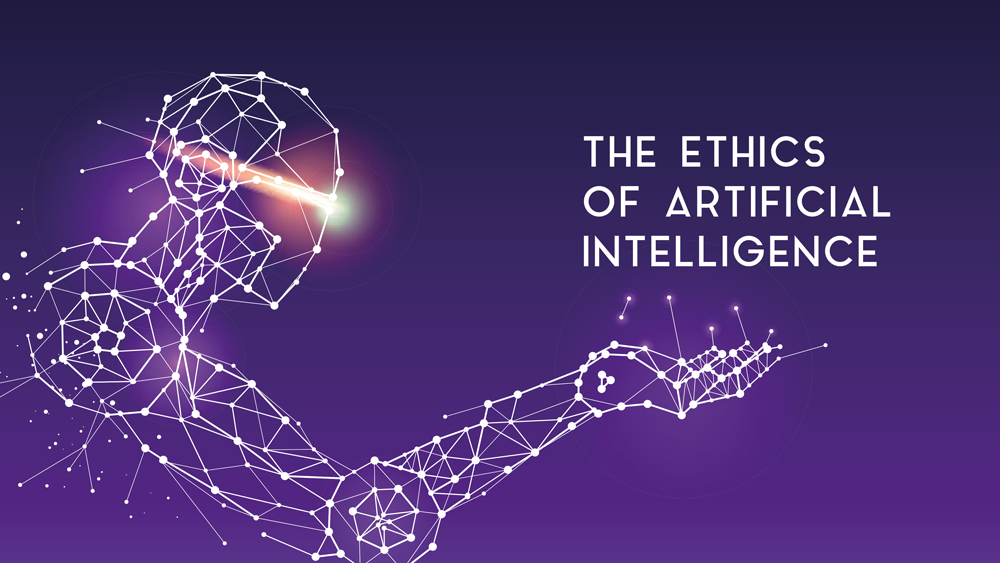In the ever-evolving landscape of artificial intelligence (AI), discussions surrounding ethical AI implications have become a focal point for researchers, policymakers, and the general public alike.
Moreover, the rapid evolution of AI raises pressing questions about algorithmic bias, privacy, and societal implications, dominating discussions. From healthcare to criminal justice, AI’s influence prompts scrutiny, urging ethical development and governance frameworks. Stakeholders grapple with complexities.Navigating AI’s ethical terrain demands interdisciplinary collaboration, transparency, and accountability for a more equitable future.
Moreover, the pervasive issue of bias in AI algorithms has sparked intense debate. Facial recognition and hiring algorithms spotlight biases, emphasizing the necessity of fair and inclusive AI development. Addressing biases in AI systems crucial for equitable outcomes in facial recognition and hiring processes.
In domains like healthcare, criminal justice, and autonomous vehicles, AI’s role demands urgent mitigation of algorithmic biases.
Privacy remains another contentious issue in the realm of AI ethics. With the proliferation of data collection and analysis, concerns over personal privacy have escalated. AI-driven technologies often rely on vast amounts of data, raising questions about consent, data ownership, and the potential for misuse. Policymakers and tech developers face the formidable challenge of balancing data-driven innovation with safeguarding individual privacy rights effectively.
Furthermore, the societal impact of AI extends beyond bias and privacy concerns. The deployment of AI systems can have far-reaching consequences on employment, accessibility, and social equity. In healthcare, AI-powered diagnostics promise to enhance patient care, but questions arise regarding accessibility and affordability. AI’s use in criminal justice risk assessment could either introduce new biases or worsen existing disparities, highlighting ethical concerns.
Autonomous vehicles signify a new transportation era, yet provoke ethical quandaries about safety, liability, and life-or-death decision-making algorithms.
Furthermore, stakeholders wrestle with ensuring ethical AI development, deployment, and governance across sectors amid ongoing debates and discussions. Ethical frameworks, regulatory mechanisms, and industry standards are being proposed and refined to address the multifaceted challenges posed by AI.
In this dynamic landscape, interdisciplinary collaboration and public engagement are essential to foster a nuanced understanding of AI ethics and guide the responsible use of AI for the betterment of society. Additionally, by embracing transparency, accountability, and inclusivity, we can navigate the complexities of ethical AI, harnessing its transformative potential. As discussions continue and technologies evolve, the pursuit of ethical AI remains an ongoing journey towards a more equitable and sustainable future.



